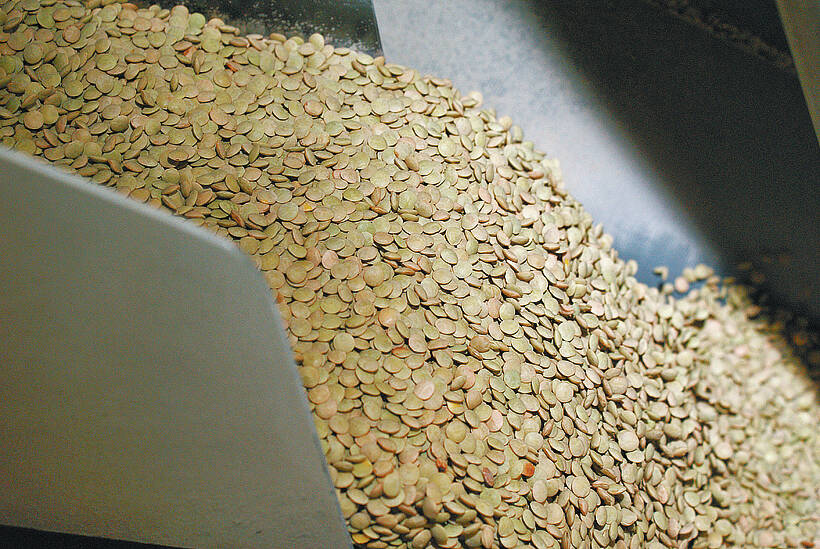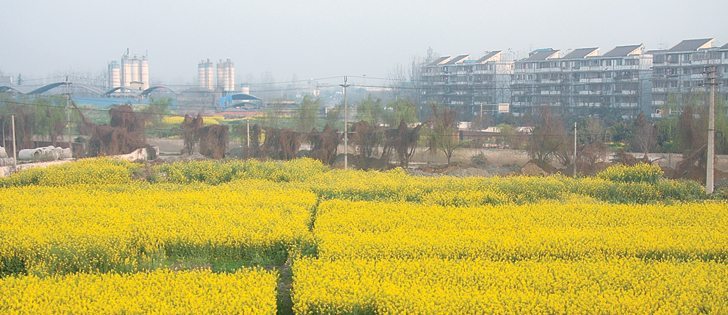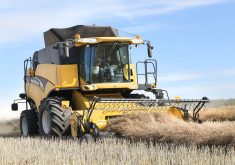China delays tightening dockage rule and will send experts to Canada to find common ground on blackleg
Canada has won a reprieve in a potential trade disruption with its largest canola customer.
China has agreed to delay implementation of a new dockage policy that the Canola Council of Canada says would have capsized shipments to a country that accounted for 38 percent of exports through the first seven months of the 2015-16 crop year.
China had planned to implement a policy April 1 that would have required canola shipments to contain less than one percent dockage. That is well below the maximum 2.5 percent now allowed in commercial contracts.
Read Also

Green lentil market oversupplied
Farmers in Western Canada can expect price pressure on their new crop of green lentils, as the available supplies among the world’s major lentil-growing nations increase significantly.
However, China agreed during negotiations with Agriculture Canada to delay implementation of the policy until Sept. 1.
“It is a big deal,” said Patti Miller, president of the Canola Council of Canada.
“It gives the trade the opportunity to execute on contracts that they had already booked under current terms of trade.”
Errol Anderson, analyst with ProMarket Wire, agreed that the postponement is good news for the canola industry.
“It gives some breathing space to the exporters,” he said.
“I thought we were going to go into a slowdown in the export side heading into the crop year-end. This may keep a steady pace going.”
Anderson was forecasting 2.5 million tonnes of canola carryout, but he now thinks it may shrink to as low as two million tonnes, which is still at the high end of expectations.
China’s General Administration of Quality Supervision, Inspection and Quarantine drafted the new dockage policy because it said it believes lowering the allowable dockage limit will reduce the threat of blackleg disease entering the country.
It said it does not believe Canadian research that concludes that the threat of blackleg transmission in current levels of dockage is virtually non-existent.
“They were saying that, intuitively, lower dockage would mean lower risk of blackleg transmission,” said Miller.
The council was able to convince China that implementing the policy would bring trade to a grinding halt April 1.
“I told them that there was no way that Canada could on a consistent basis deliver at one percent dockage or less,” she said.
Some people in the grain industry have suggested it would not be a big deal to meet China’s demands because grain companies clean to zero and then add dockage back into shipments.
“Grain companies do not clean to zero. That is not correct,” said Miller.
“And it’s really unfortunate, quite frankly, that anybody says that because not only is it not correct, it just really complicates the discussions we are having and creates a lot more uncertainty in the marketplace.”
The council hopes to use the five-month reprieve to find a permanent solution to the lingering blackleg dispute.
China has provided a list of ex-perts it will be sending to Canada to once again review the dockage research results. The plan is to hone in on where there are differences of opinion and develop research projects to address those areas of concern.
The goal will be to complete those projects in time to negotiate a permanent solution before Sept. 1.
Analysts have suggested that the dockage issue is a non-tariff trade barrier erected by China to slow canola imports because the Chinese government is sitting on a huge stockpile of rapeseed oil that it is aggressively trying to sell.
However, Miller said it is part of a blackleg dispute that has been going on since 2010.
“So I wouldn’t draw a direct connection between the two,” she said.
















